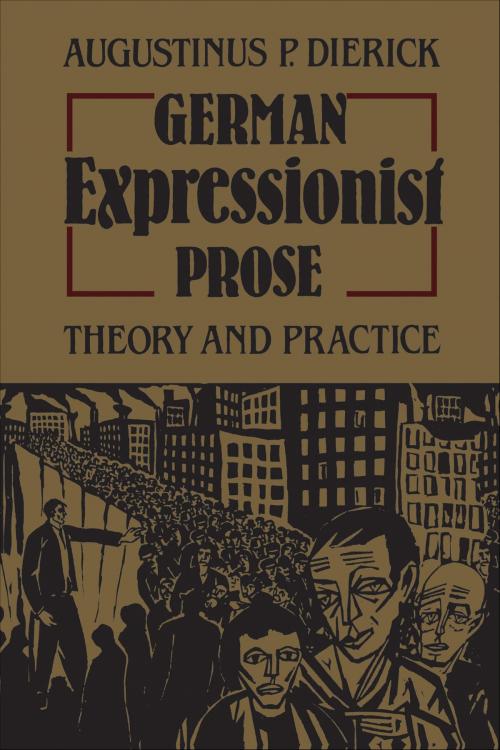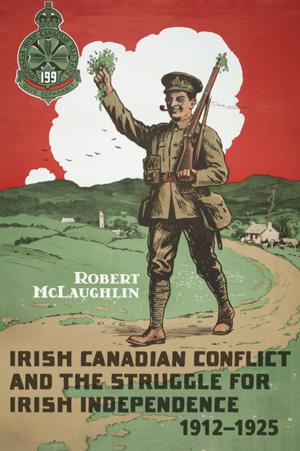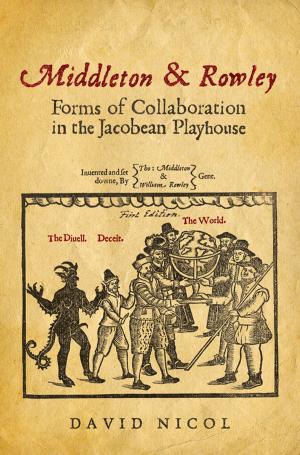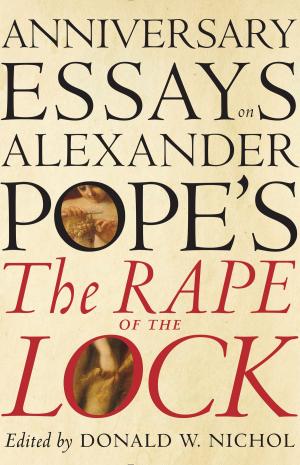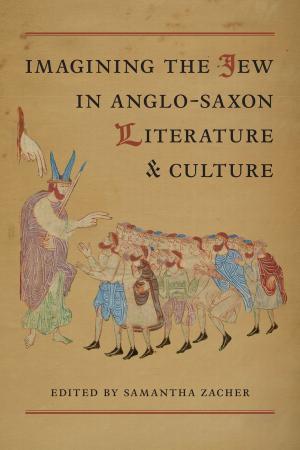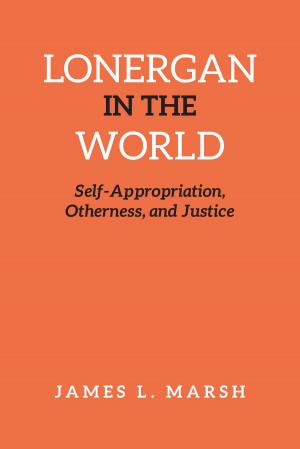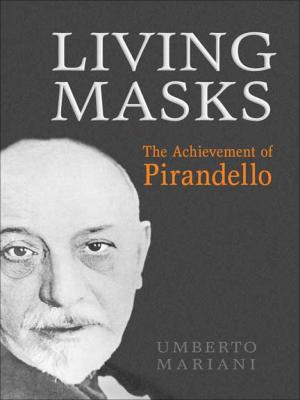German Expressionist Prose
Theory and Practice
Fiction & Literature, Literary Theory & Criticism, European, German, Nonfiction, Reference & Language, Foreign Languages| Author: | Augustinus Dierick | ISBN: | 9781442638266 |
| Publisher: | University of Toronto Press, Scholarly Publishing Division | Publication: | December 15, 1987 |
| Imprint: | Language: | English |
| Author: | Augustinus Dierick |
| ISBN: | 9781442638266 |
| Publisher: | University of Toronto Press, Scholarly Publishing Division |
| Publication: | December 15, 1987 |
| Imprint: | |
| Language: | English |
An extreme sensitivity to gathering social crisis, an accompanying angry enthusiasm for artistic experimentation and renewal – this compelling mix in German art, poetry, and drama of the period 1910 to 1925 continues to draw both scholarly attention and intense popular interest. In this book Augustinus Dierick focuses on another significant but hitherto neglected medium of German Expressionist thought – short narrative prose – in order to illuminate and evaluate the contribution of that genre to one of the twentieth century's most powerful artistic movements.
Dierick's study includes a thorough analysis of the works of a broad range of Expressionist prose writers, from those of such specialists in the genre as Edschmid, Heym, Benn, Loerke, Frank, Sternheim, Ehrenstein, and 'Mynona' to the shorter prose works of such major figures as Alfred Döblin, Heinrich Mann, Max Brod, and Franz Werfel. Dierick isolates the thematic obsessions common among Expressionist writers: the pathos of the self in confrontation with nature and with God, the tension between self and the institutions of bourgeois society, and the attractions and dangers of eroticism. Throughout Dierick stresses the interrelationship between themes and their formal expression. He examines many apparent excesses in style and tone, many aberrations in structure and generic characteristics, and identifies them not as needless experimentation but as a necessary result of the attempt to find appropriate forms for extreme situations and complex ideas.
Dierick's analysis makes clear that Expressionist prose has an intrinsic artistic value and, because of certain nuances and different accents, must be included in any estimation of the nature and importance of Expressionism as a whole.
An extreme sensitivity to gathering social crisis, an accompanying angry enthusiasm for artistic experimentation and renewal – this compelling mix in German art, poetry, and drama of the period 1910 to 1925 continues to draw both scholarly attention and intense popular interest. In this book Augustinus Dierick focuses on another significant but hitherto neglected medium of German Expressionist thought – short narrative prose – in order to illuminate and evaluate the contribution of that genre to one of the twentieth century's most powerful artistic movements.
Dierick's study includes a thorough analysis of the works of a broad range of Expressionist prose writers, from those of such specialists in the genre as Edschmid, Heym, Benn, Loerke, Frank, Sternheim, Ehrenstein, and 'Mynona' to the shorter prose works of such major figures as Alfred Döblin, Heinrich Mann, Max Brod, and Franz Werfel. Dierick isolates the thematic obsessions common among Expressionist writers: the pathos of the self in confrontation with nature and with God, the tension between self and the institutions of bourgeois society, and the attractions and dangers of eroticism. Throughout Dierick stresses the interrelationship between themes and their formal expression. He examines many apparent excesses in style and tone, many aberrations in structure and generic characteristics, and identifies them not as needless experimentation but as a necessary result of the attempt to find appropriate forms for extreme situations and complex ideas.
Dierick's analysis makes clear that Expressionist prose has an intrinsic artistic value and, because of certain nuances and different accents, must be included in any estimation of the nature and importance of Expressionism as a whole.
